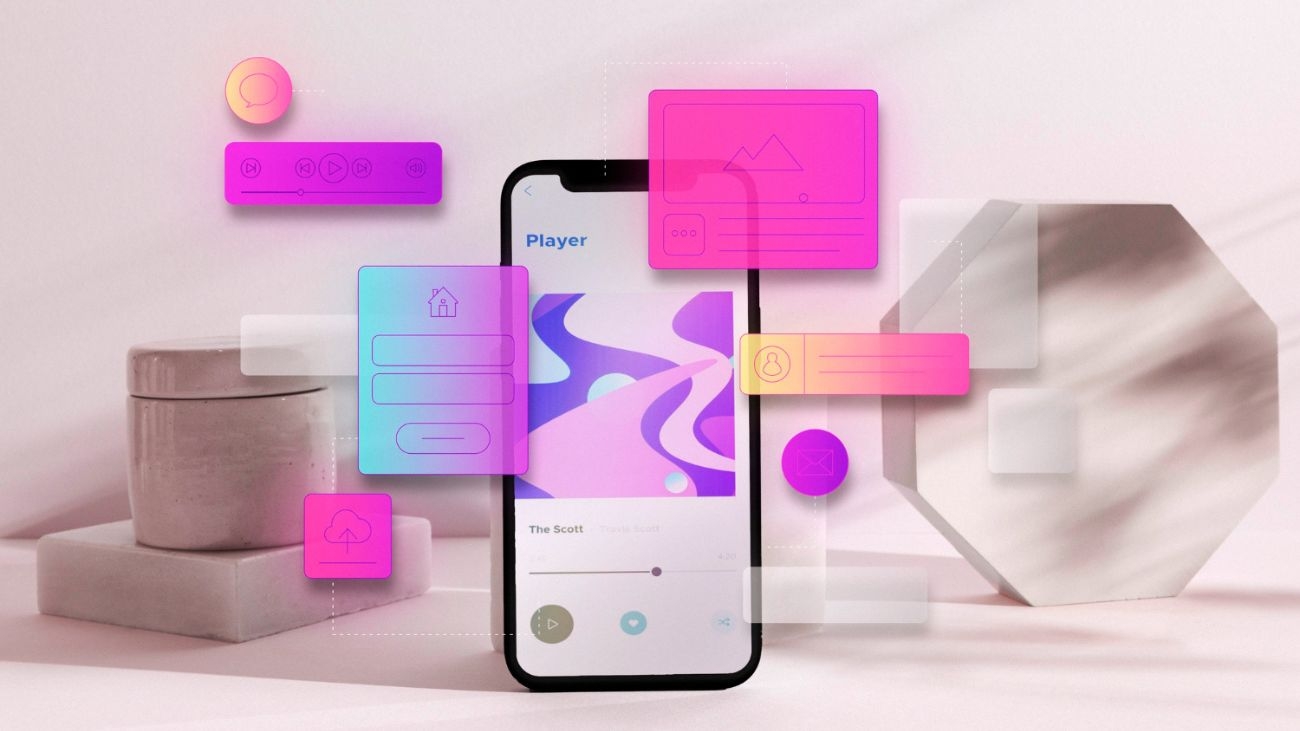In the rapidly evolving landscape of technology, mobile apps continue to be at the forefront of innovation. As we approach 2024, several transformative mobile app trends are set to redefine user experiences and drive the future of digital interaction. Whether you are an entrepreneur looking to invest in app development or a business seeking to stay ahead, understanding these trends is crucial. This article explores the key mobile app trends shaping 2024 and beyond, with a focus on how these trends influence the work of app development companies and mobile app developers in Florida.
AI Innovations in Mobile App Trends:
Artificial Intelligence (AI) and Machine Learning (ML) are no longer just buzzwords; they are integral to the evolution of mobile apps. AI-driven applications are becoming increasingly sophisticated, offering personalized experiences through advanced data analysis. Machine learning algorithms enable apps to learn from user behavior and adapt in real-time, enhancing user engagement and satisfaction.
For example, AI-powered chatbots and virtual assistants are improving customer service by providing instant responses and personalized recommendations. As AI continues to advance, app development companies will increasingly leverage these technologies to create smarter, more intuitive applications.
Mobile App Trends: Privacy and Security:
With growing concerns over data privacy, there is a significant shift towards implementing robust security measures in mobile apps. Users are becoming more aware of how their data is used, leading to increased demand for transparent and secure app development practices.
In response, mobile app developers are focusing on integrating advanced encryption techniques, secure authentication methods, and data protection protocols. This trend is essential for maintaining user trust and complying with evolving data protection regulations. App development services must prioritize security features to safeguard user information and prevent data breaches.
5G Technology Transforming Mobile App Trends:
The rollout of 5G technology is revolutionizing mobile app experiences by providing faster internet speeds and more reliable connections. This technology enables high-quality streaming, real-time gaming, and enhanced AR/VR experiences.
For custom mobile app development services, 5G presents an opportunity to create more immersive and interactive applications. Developers can leverage the increased bandwidth and reduced latency to build apps that offer seamless performance and enhanced user experiences. As 5G becomes more widespread, its impact on app development will continue to grow.
Mobile App Trends Enhanced by AR and VR:
Augmented Reality (AR) and Virtual Reality (VR) are transforming how users interact with mobile apps. AR enhances the real world with digital overlays, while VR creates entirely virtual environments. These technologies are increasingly being integrated into apps to offer innovative and engaging experiences.
In the realm of mobile app trends, AR and VR applications are being used in various sectors, including gaming, education, and retail. For instance, AR apps allow users to visualize products in their own space before making a purchase, while VR apps provide immersive training and simulation experiences. App development companies are investing in AR/VR capabilities to stay competitive and deliver cutting-edge solutions.
Mobile App Trends Driven by Cross-Platform:
Cross-platform development tools are gaining popularity as they allow developers to build apps that work seamlessly across multiple operating systems. Frameworks like Flutter and React Native enable the creation of high-performance apps with a single codebase, reducing development time and costs.
For businesses, this means they can reach a wider audience without the need for separate apps for iOS and Android. Mobile app developers in Florida and beyond are increasingly adopting cross-platform tools to streamline the development process and deliver consistent user experiences across different devices.
Internet of Things (IoT) Integration:
The Internet of Things (IoT) is expanding the capabilities of mobile apps by connecting them with a wide range of smart devices. IoT integration allows apps to control and monitor various devices, from home appliances to wearable fitness trackers.
This trend is enhancing user convenience and enabling new functionalities within mobile apps. For example, smart home apps allow users to manage their home environment remotely, while health apps track and analyze data from wearable devices. IoT integration is a key trend for app development services aiming to create interconnected and intelligent applications.
Voice User Interface (VUI) and Voice Assistants:
Voice User Interfaces (VUIs) are becoming a standard feature in mobile apps, driven by the popularity of voice assistants like Siri, Alexa, and Google Assistant. VUIs enable users to interact with apps using voice commands, making app navigation more intuitive and hands-free.
As voice technology continues to evolve, app development companies are incorporating VUIs to enhance accessibility and convenience. Voice-enabled apps can perform tasks, answer queries, and control other app functions through simple voice commands, improving overall user experience.
Conclusion:
As we move into 2024, the mobile app trends is set to be shaped by these transformative trends. Embracing AI, prioritizing data security, leveraging 5G, and integrating AR/VR and IoT will be essential for staying competitive. For businesses and developers, understanding and adapting to these trends will ensure that they deliver innovative and high-quality mobile app experiences. Whether you are engaging with an app development company or working with mobile app developers in Florida, keeping up with these trends will be crucial for success in the evolving digital world. For latest blogs and article related to technology and mobile app trends just log on to FinBiz Tech to get more aware and updated.
FAQs:
What are the key mobile app trends for 2024?
Key trends include AI and ML integration, enhanced data security, 5G technology, AR/VR, cross-platform tools, IoT, and VUI.
How does 5G technology impact mobile app development?
5G provides faster speeds and lower latency, enabling more immersive and real-time app experiences.
What is the role of AI in mobile apps?
AI enhances personalization, provides intelligent recommendations, and improves user engagement through data analysis.
Why is data security important in mobile app development?
Data security is crucial for protecting user information, maintaining trust, and complying with privacy regulations.
How do cross-platform development tools benefit businesses?
They allow for the creation of apps that work on multiple platforms with a single codebase, saving time and costs.




